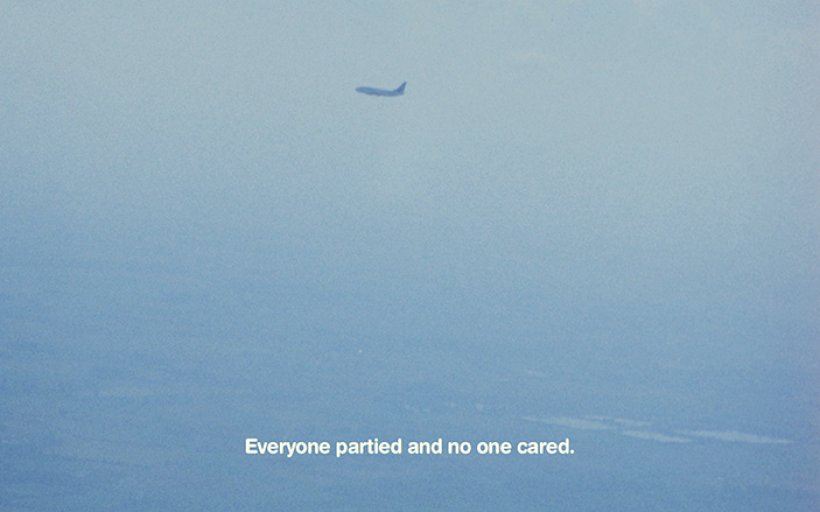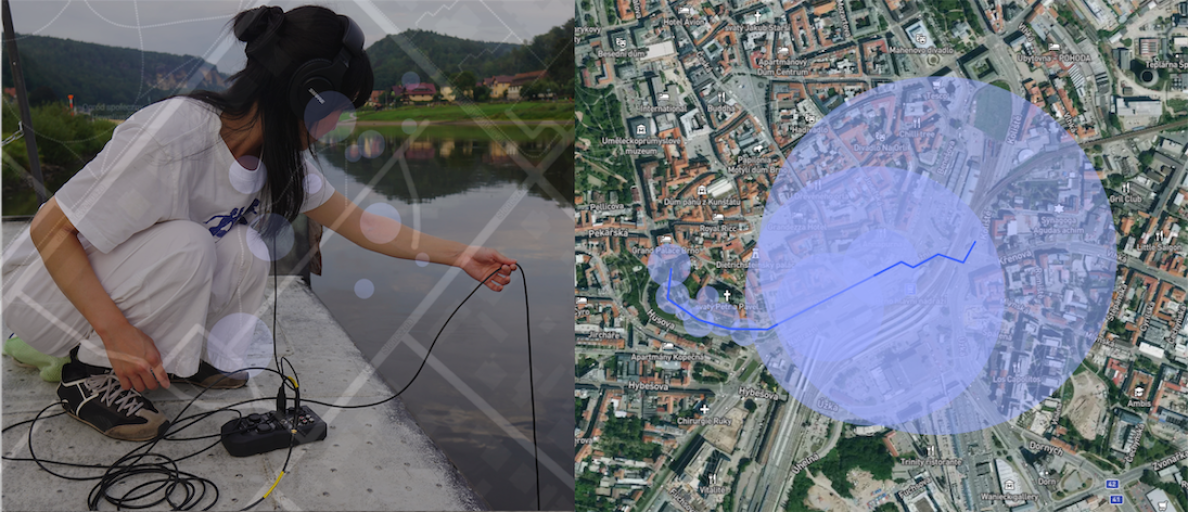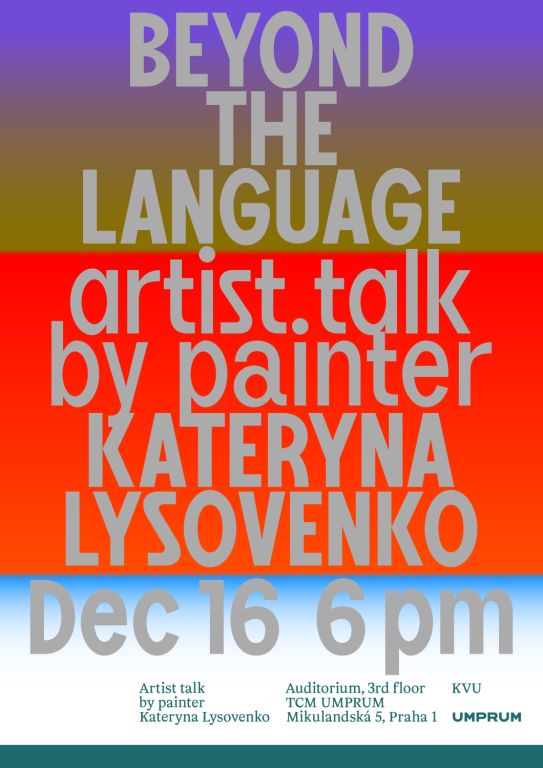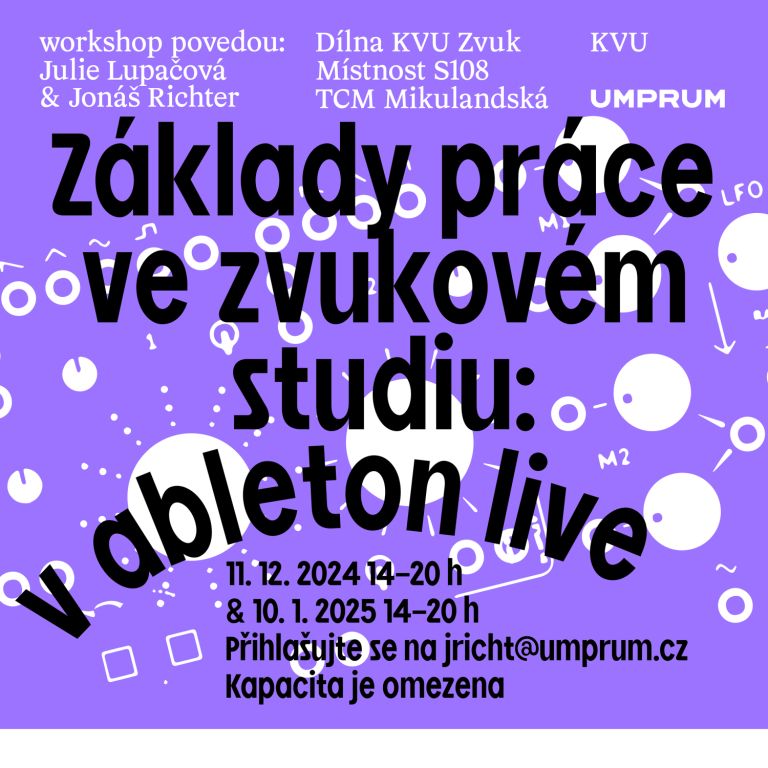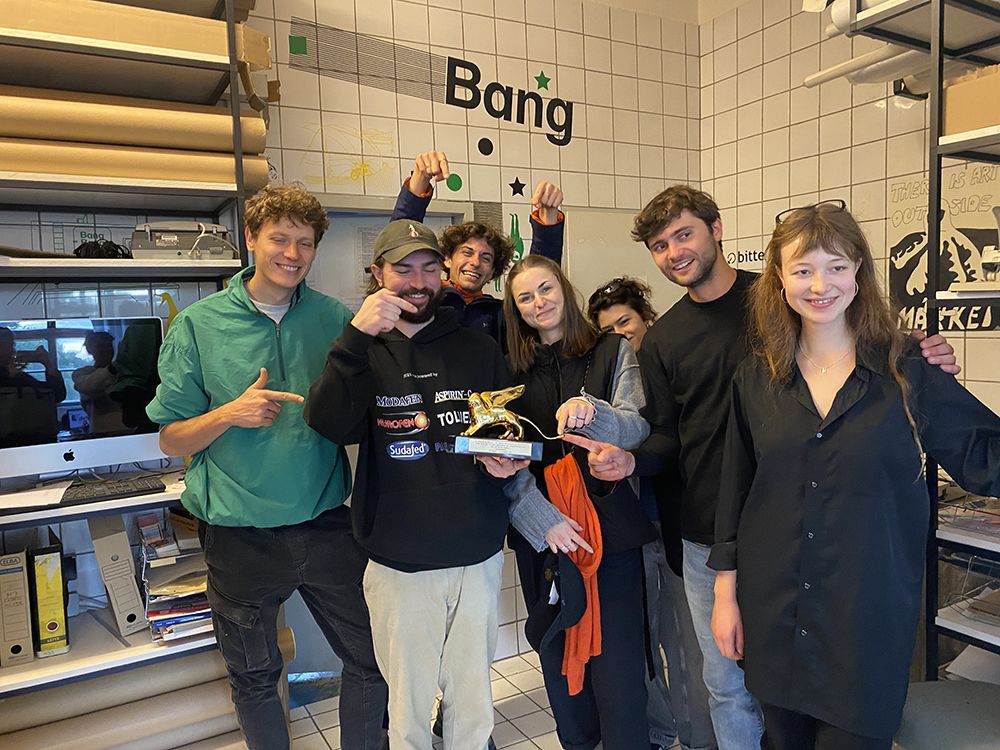Student
From Mobility to Internationalization
International student mobility has a long-lasting tradition at UMPRUM . The students widen their horizons in their art disciplines, gain different practical skills, including linguistic ones; and acquire experience from long-term stays in different cultural environments. The majority of international mobility takes place within Erasmus+ programme, implemented since 1998. Besides study or traineeship abroad we also encourage teacher and staff mobility within this programme. We make efforts to transfer new experience and examples of good practice into teaching and other processes. Student exchanges take place also at non-European partner schools on the basis of bilateral agreements.
In recent years, the traineeships abroad continue to compare academic study abroad in numbers. That is certainly a positive trend from the perspective of the future employability of our graduates.
Each year some 70 of our students and recent graduates travel for their study or work abroad, while the number of incoming exchange students ranges between to 60 – 65 approximately. We have concluded 45 exchange agreements within the Erasmus+ programme and 15 cooperation agreements with non-European schools.
UMPRUM has been a member of Cumulus, the International Association of Universities and Colleges of Art, Design and Media for many years.
UMPRUM follows attentively trends in art education and changing needs of globalized society. We constantly adapt our courses and improve our services for international students. Since the academic year 2006/2007, we have been accepting students from all over the world in Visual Arts postgraduate programme taught in English. We maintain mutually beneficial and enriching contacts with graduates of this programme as well as other alumni, especially those who have succeeded in the demanding international competition.
UMPRUM 's cooperation with other countries is gaining new dimensions. It takes place on all levels – school management, departments and studios. This includes participation in international exhibitions, shows and competitions, collaborations with business and industry, science and research and publishing. The number of foreign guest lecturers and members of expert committees is increasing. This mobility is running in the opposite direction as well.
Internationalization is gradually penetrating all the activities at the school and is becoming an everyday reality of academic life. We make efforts to create a welcoming environment for international students, teachers and other colleagues and visitors.
